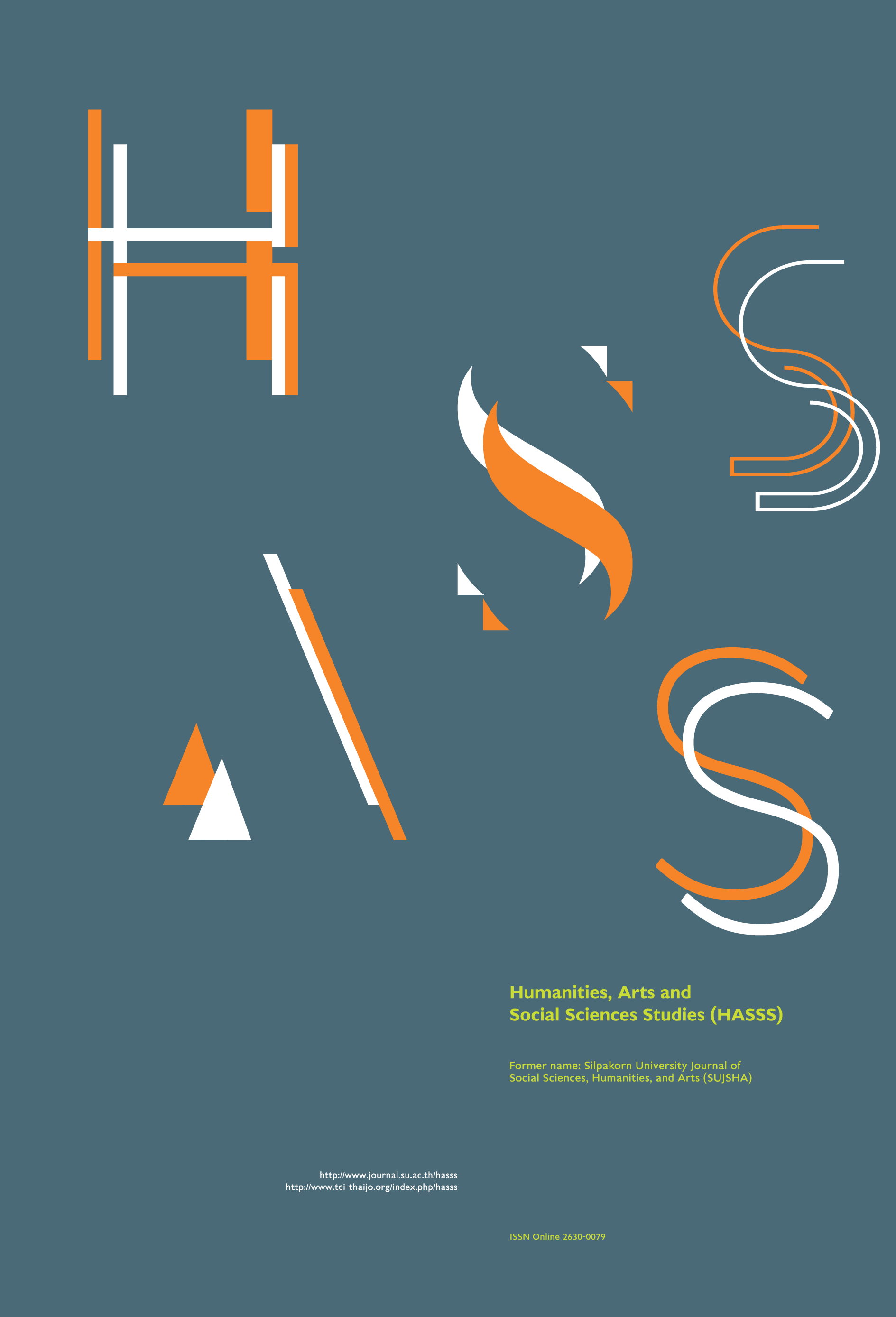Psychosocial Review of Drug Substance Use among Transgender In Penang, Malaysia
Main Article Content
Abstract
This qualitative study was conducted in Penang, Malaysia with the aim to analyze and gather in-depth understanding of challenges faced by transgender who used drugs. This study also aimed to understand some of the psychosocial support eceived by this marginal population in terms of overcoming their substance useehaviour. Eighteen respondents between the ages of 18 and 40 years were selected through the snowballing sampling technique due to the difficulty of getting the targeted respondents. The study found that all of the 18 respondents who participated in this study, only 4 respondents have used cannabis and methamphetamine ecstasy over a period of 12 months prior to the present study. The rest of the respondents in this study doesn’t involved with drugs. This study suggests that both government and non-governmental organizations (NGOs) should continue to provide appropriate HIV and AIDS intervention the transgender population. Social work intervention primarily in educating this marginal population towards the prevention of HIV transmission especially preventing from drugs substance uses which are associated with behaviours that facilitate HIV transmission in their daily life.
Downloads
Article Details
All rights reserved. Apart from citations for the purposes of research, private study, or criticism and review,no part of this publication may be reproduced, stored or transmitted in any other form without prior written permission by the publisher.
References
Cochran, S. D. and Mays, V. M. (2000) Relation between psychiatric syndromes and behaviorall defined sexualmorientation in a sample of the US population. American Journal of Epidemiology 151: 516-523.
Factor, R. J. and Rothblum, E. D. (2008) A study of transgender adults and their non-transgender siblings on demographic characteristics, social support, and experiences of violence. Journal of LGBT health research 3: 11-30.
Garofalo, R., Deleon, J., Osmer, E., Doll, M. and Harper, G. W. (2006) Overlooked, Misunderstood and At-Risk: Exploring the Lives and HIV Risk of Ethnic Minority Male-To-Female Transgender Youth. Journal of Adolescent Health 38(3): 230-236.
Grant, J. M., Mottet, L. A. and Tanis, J. (2011) Injustice at every turn: A report of the national transgender discrimination survey. Washington, D.C.: National Center for Transgender Equality.
Hendricks, M. L. and Testa, R. J. (2012) A conceptual framework for clinical work with transgender and gender nonconforming clients: An adaptation of the minority stress model. Professional Psychology Research and Practice 43(5): 460-467.
Herbst, J. H., Jacobs, E. D., Finlayson, T. J., McKleroy, V. S., Neumann, M. S. and Crepaz, N. (2008) Estimating HIV Prevalence and Risk Behaviors of Transgender Persons in the United States: A Systematic Review. AIDS and Behavior 12(1): 1-17.
Kecojevic, A., Wong, C. F., Schrager, S. M., Silva, K., Bloom, J. J., Iverson, E. and Lankenau, S. E. (2012) Initiation Into Prescription Drug Misuse: Differences Between Lesbian, Gay, Bisexual, Transgender (LGBT) and Heterosexual High-Risk Young Adults in Los Angeles and New York. Addict Behaviour 37(11): 1289-1293.
McCabe, S. E., West, B. T., Hughes, T. L. and Boyd, C. J. (2013) Sexual Orientation and Substance Abuse Treatment Utilization in the United States: Results From a National Survey. Journal of Substance Abuse Treatment 44(1): 4-12.
Meier, S. C. and Labuski, C. M. (2013) The demographics of the transgender population. In International handbook of the demography of sexuality, edited by A. K. Baumle, pp. 289-327. New York: Springer.
Mereish, E. H. and Bradford, J. B. (2014) Intersecting identities and substance use problems: sexual orientation, gender, race, and lifetime substance use problems. J.Stud. Alcohol Drugs 75: 179-188.
Meyer, I. H. (2003) Prejudice, social stress, and mental health in lesbian, gay, and bisexual populations: Conceptual issues and research evidence. Psychological Bulletin, 129(5): 674-697.
Xavier, J. M. (2000) The Washington, DC Transgender Needs Assessment Survey. Final report for phase two. [Online URL: https://www.glaa.org/archive/2000/tgneedsassessment1112.shtml.] accessed on December, 2015.

